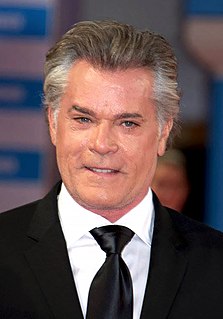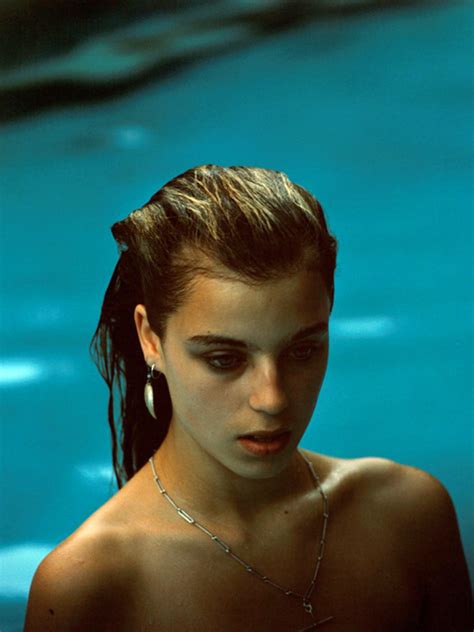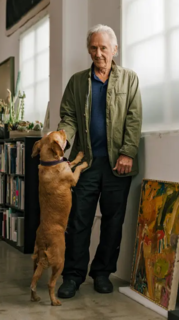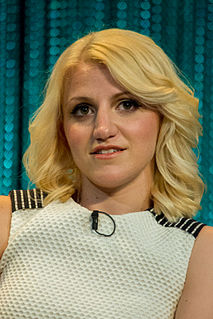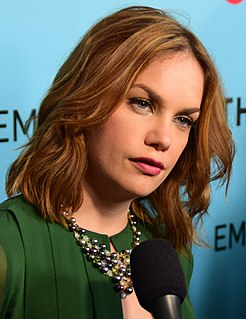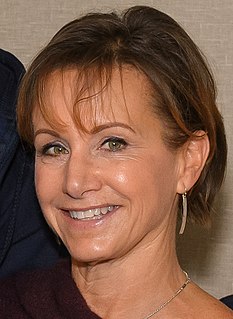A Quote by Michelle Yeoh
In Europe and America, you never see a director pick up a camera. They all sit behind monitors.
Related Quotes
There are a lot of actors who will watch the monitors. They'll do a scene, and then the director will look back to see if he got whatever he wanted. I just find it odd to sit there and watch yourself. But if you can be objective, I can see how it's really useful as a tool, especially if you're doing something physical.
On camera, the audience can see your eyes close up - they can see behind your eyes - and when you're on stage, you need to make sure that the person sitting in the back row can feel what's happening behind your eyes, even if they can't see them. Having a live audience is exhilarating and exciting all on its own, but you know, it is quite different.

